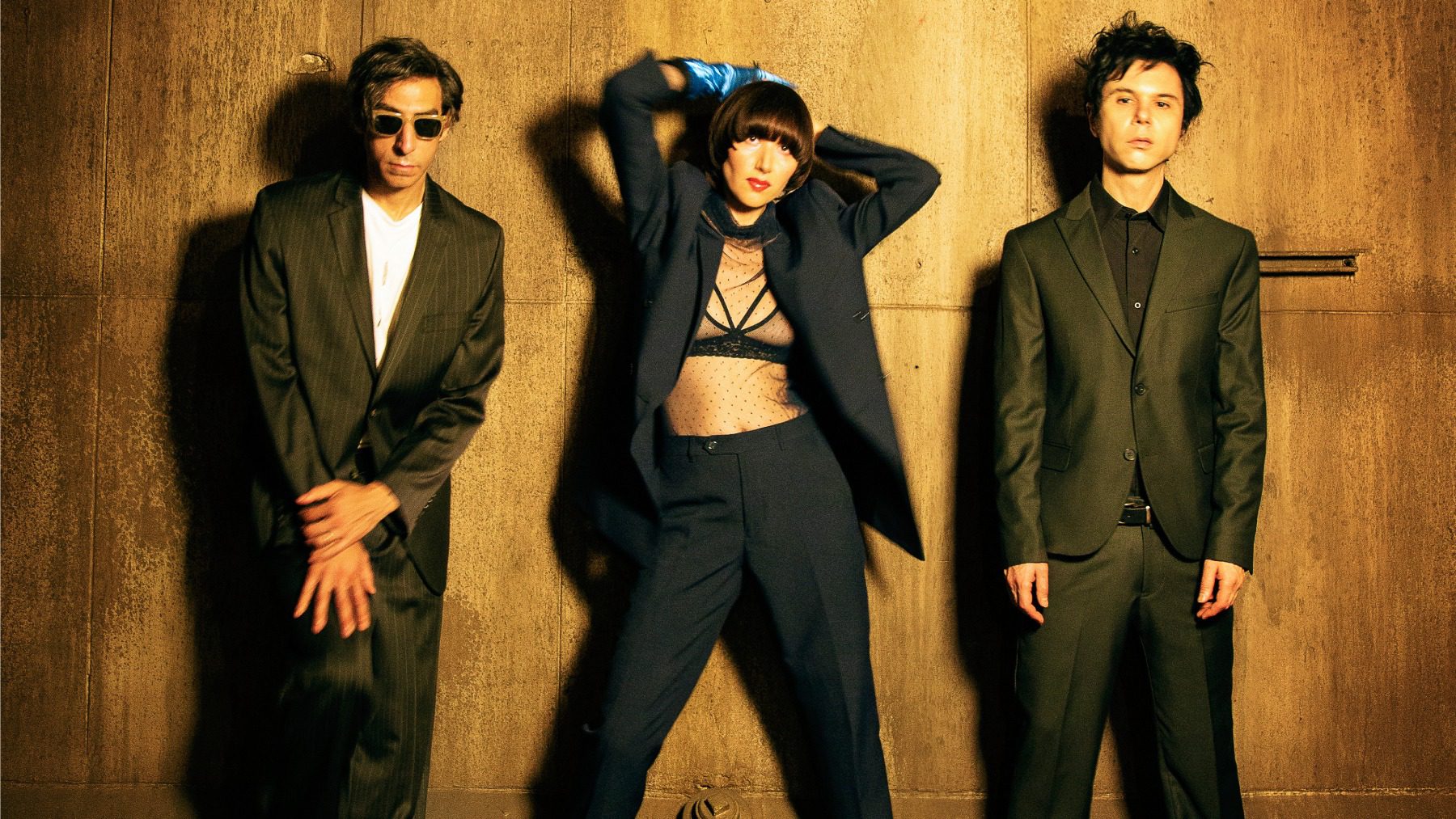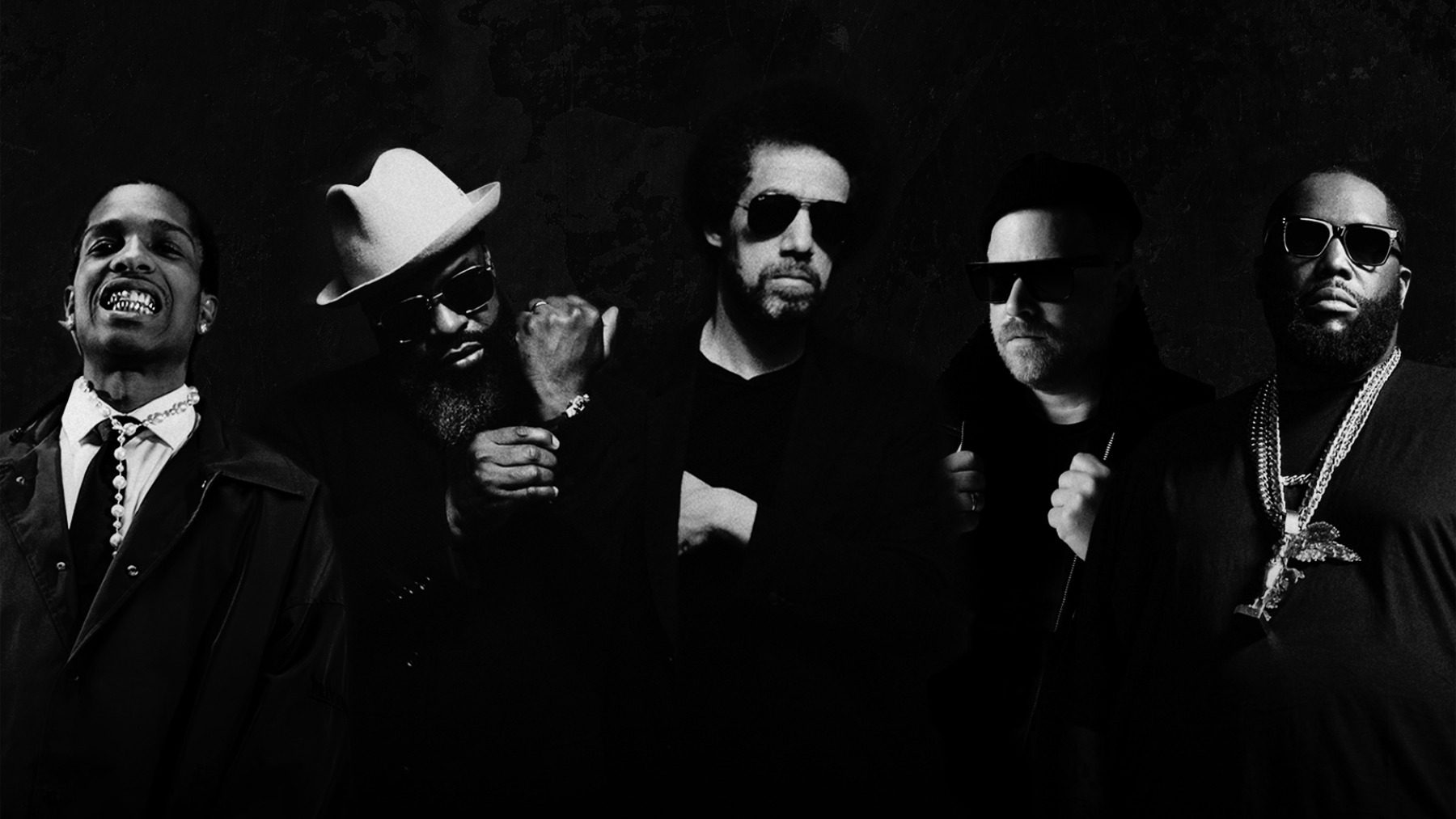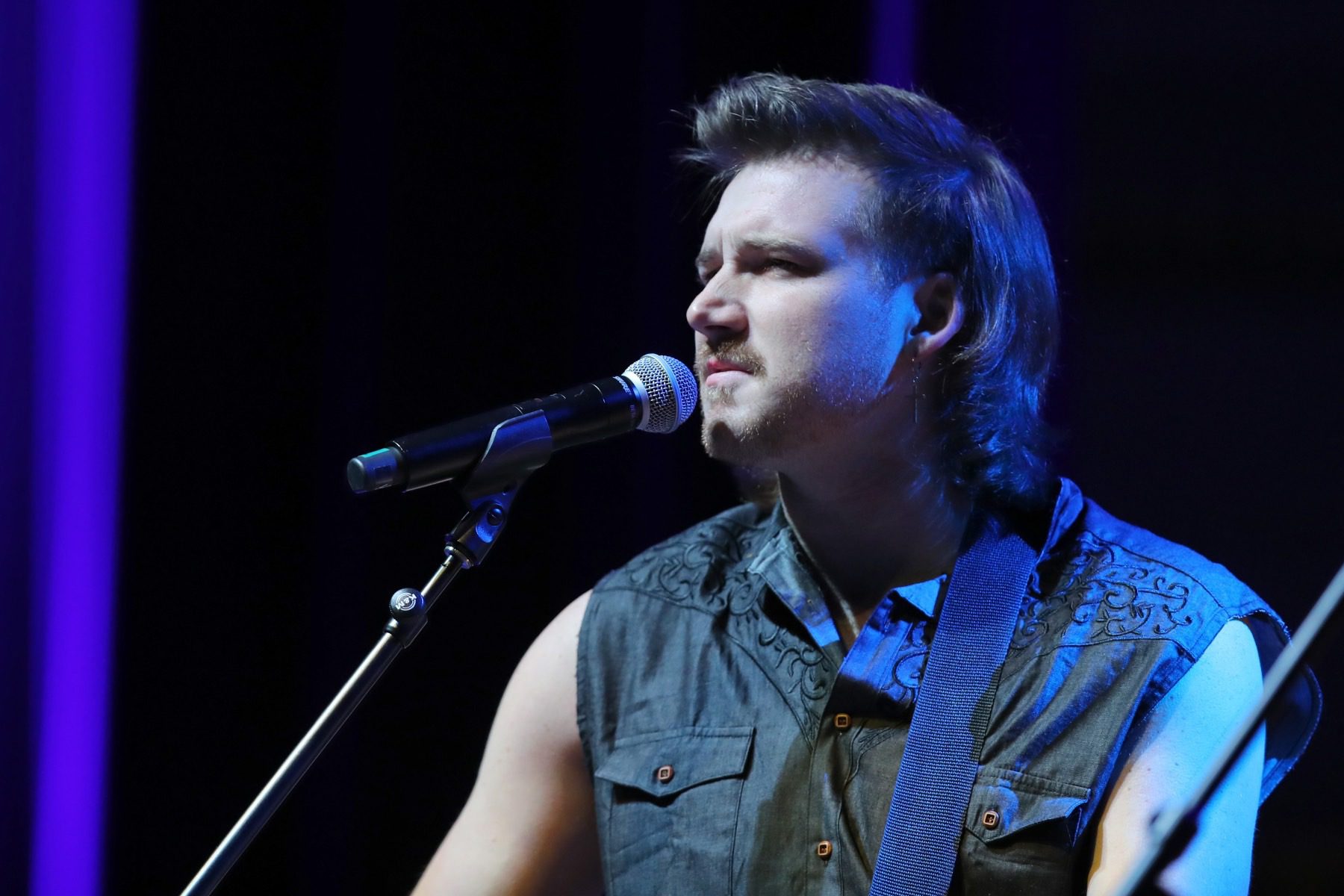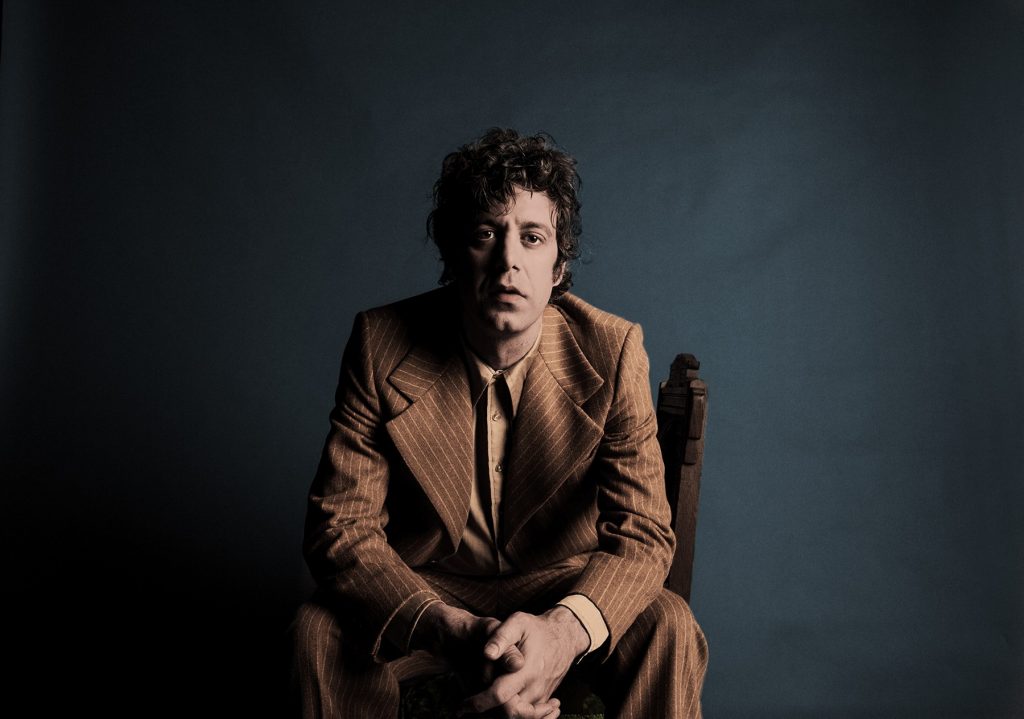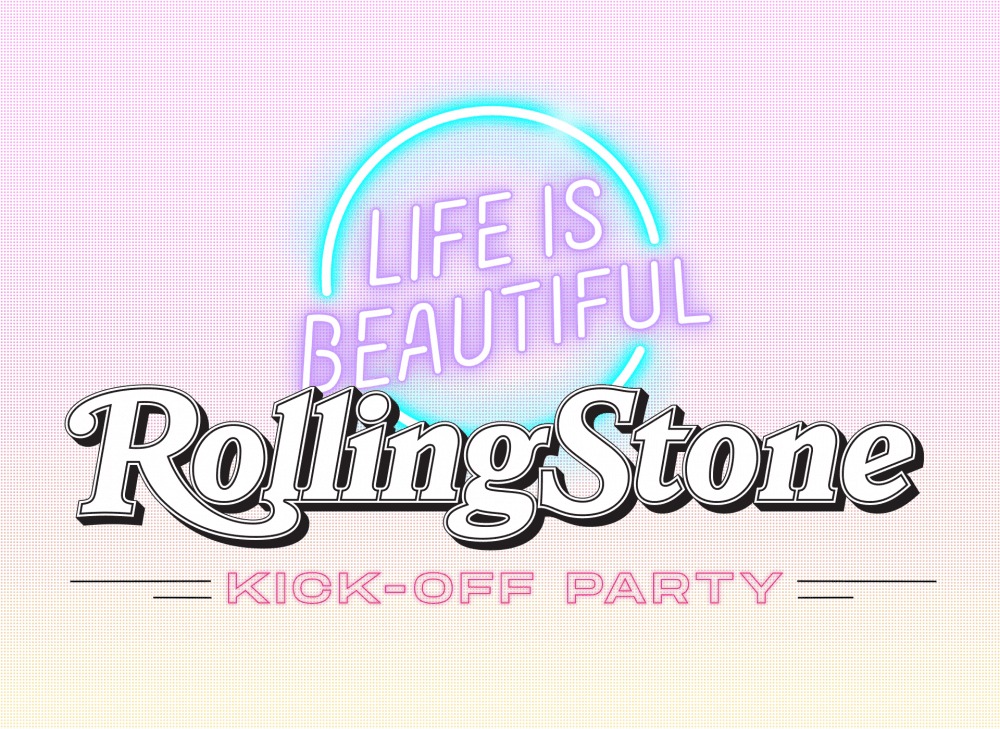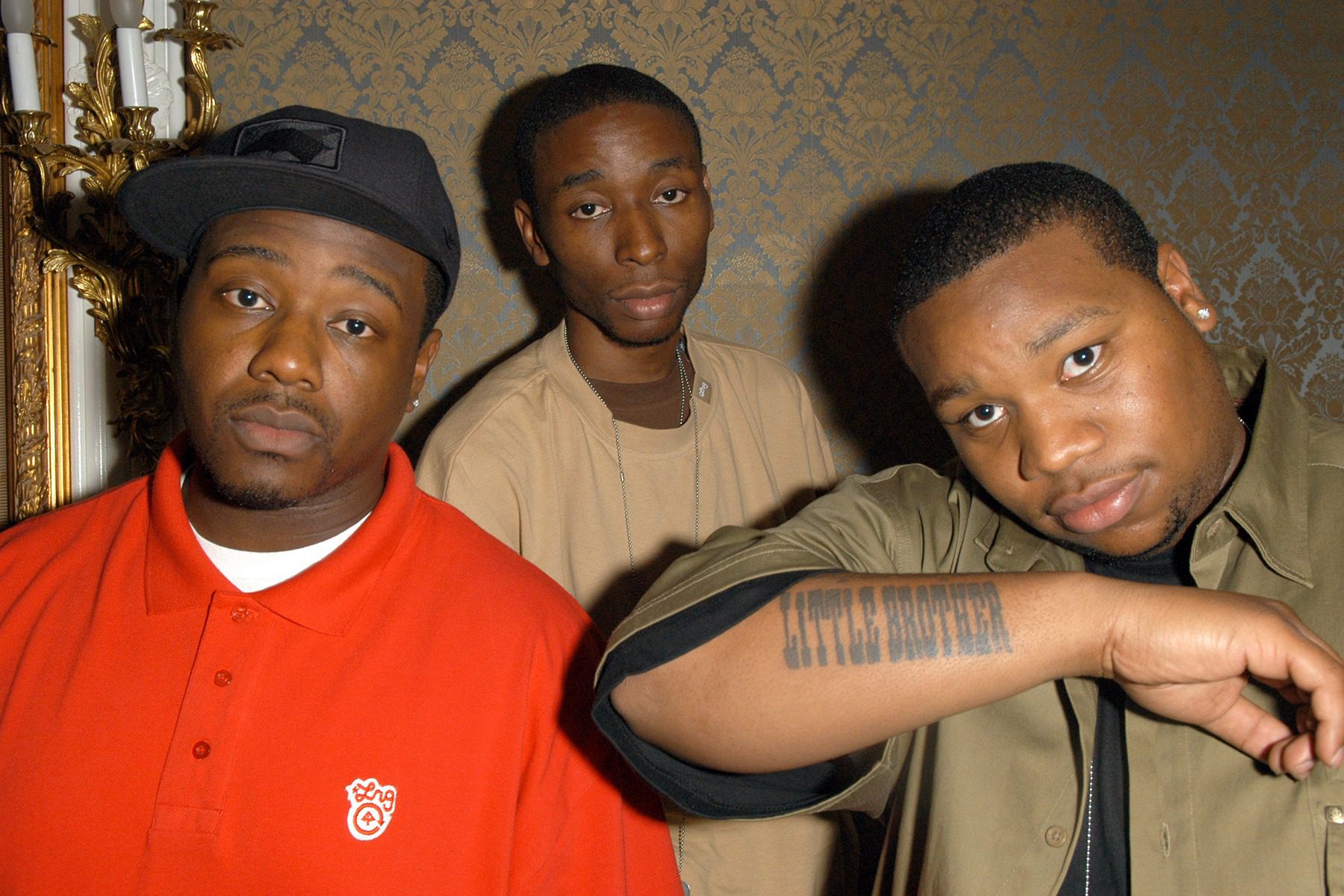
Nearly Twenty Years Later, Little Brother’s ‘The Listening’ Continues To Shape Hip-Hop
When Drake stepped onstage to give his acceptance speech for the BMI Songwriter of the Year Award in 2011, one of the names he shouted out — along with his mom, Kanye West, and Andre 3000 — belonged to Phonte. The name of the rapper from the acclaimed North Carolina duo Little Brother probably wasn’t familiar to many of the fans who’d been suffering through a broadcast about music licensing just to see the emergent Canadian superstar. But the plaudit made sense. The melodic marriage of singing and rapping that Phonte had perfected eight years earlier on Little Brother’s 2003 debut, The Listening, is deeply entangled in Drake’s artistic DNA. It mattered that a heavyweight of Aubrey’s stature had taken the time to acknowledge a criminally underrated trailblazer. And now, as we approach The Listening‘s 20th anniversary next February, its influence still stands as a crucial model instructing today’s MCs on how to be more versatile and original.
Drake was perhaps Little Brother’s most prominent fan back then — he’d also recorded songs with them on his 2007 mixtape, Comeback Season — but he wasn’t the only bold-name MC from the next generation who owes a lot to the group. Kendrick Lamar, whose 2013 cut “Thanksgiving” featured Little Brother’s other half, Big Pooh, didn’t fully come into his own until he started making the kinds of ruminative songs that were very much in the vein of The Listening. Years later, he’s still finding new ways of exploring that style on songs like “Father Time” and “Purple Hearts” from his recently released Mr. Morale & the Big Steppers.
Little Brother’s far-reaching, trendsetting appeal wasn’t apparent to everyone in the early 2000s. At the time, after 50 Cent and G-Unit’s hostile takeover, rap had begun to feel as polarized as voters were over whether the U.S. should invade Iraq. Indie powerhouses like Rawkus and Def Jux catered to fans of unapologetically underground hip-hop, serving as alternatives to the blithely sadistic jingle of 50’s ubiquitous “Wanksta.” Little Brother were neither staunch subterranean agitators like other underground rappers, nor mainstream-sanctioned stars. Some listeners didn’t see them coming.
Mere months after Get Rich or Die Tryin’ debuted in February 2003, The Listening revivified an underserved audience. In New York City, beloved record shops like the now-defunct Greenwich Village institution Fat Beats — whose entryway was frequently crowded by CD-brandishing buskers who’d accost you, as you walked in, with “Yo, you listen to hip-hop?” — proudly displayed the album. It sold like hotcakes to fans who couldn’t get enough of Little Brother’s spirited boom-bap reinvention.
The LP was full of upbeat bars over in-house producer 9th Wonder’s sumptuous, soulful beats. Phonte and Big Pooh seemed to speak for all the regular dudes who were just looking for good vibes, with intelligent and irreverent perspectives on life. The Listening conveyed big red-black-and-green-wristband energy, but it was also simpatico with whatever energy the guy in a fitted and Timbs came into the function with just to mack on the ladies in sundresses. The album was fun and lighthearted and brimming with infectious Everyman appeal. This was proto-Black Twitter in miniature — a jokey Spaces room for the dial-up era. Little Brother let you emote about groupies and estranged family members at the same time as you snarked on the granola-munching herbs reciting bad poetry at the local coffee house.
Songs like “The Yo-Yo” highlighted Phonte’s lithe, jocular flow. Unlike other rappers at that time, he didn’t half-sing bars that sounded a little like cheesy Top 40 hooks — when Phonte sings, he sings. Nor did he bombard you with tortuous verbiage. Instead, he posted up with an easy delivery that stayed in the pocket. He poked fun at some of the hypocrisy associated with “Black righteousness,” pointing out that many overblown militants, for all their accusatory rhetoric, are basically there for the same thing as him: “Even though y’all niggas might not cuss like me/End of the night, y’all just trying to fuck like me.” He concludes by confessing that he’s not here for speeches and would, instead, rather listen to Trick Daddy.
“The Yo-Yo,” which earned Phonte a “Quotable of the Month” in The Source, was subversive in the way that it cross-examined the quandary of not exactly wanting to pick a side. He made that stance feel fun at a time when it seemed like no one — not the pop-friendly favorites or the underground heroes — was truly happy where they were. Jay-Z, who would work with 9th Wonder months later on his Black Album, famously rapped, “If lyrics sold, truth be told, I’d probably be lyrically Talib Kweli/Truthfully, I want to rhyme like Common Sense”; yet as the decade went on, both of those icons of alternative hip-hop would make tentative moves toward more commercial sounds.
The Listening resonated, especially, with a younger generation that was more comfortable assembling all of the moving parts of themselves. What Little Brother’s music really signaled was a kind of freedom from the uncomfortable compromises of the previous generation. One of the songs Kendrick Lamar is performing on his current tour is 2017’s “Humble” — a prime example of the newfound autonomy Little Brother celebrated. That vertiginous blend of impudence and gratitude is so indebted to the blueprint they mapped out on The Listening, it’s no stretch to say they made “Humble” possible.
“I like to think of ourselves as giving young rappers a look around the corner,” Phonte told Vulture in a 2019 interview about Little Brother’s legacy and impact. “Hopefully we can give a blueprint to show that you can mature, you can grow older, and you can be true to yourself but not be crotchety. There’s a way you can settle into that moment and still be dope and be profitable and have things to say.” With The Listening, Phonte, Big Pooh, and 9th Wonder made it cool to not be easily boxed in. Twenty years later, the culture is still all ears.
